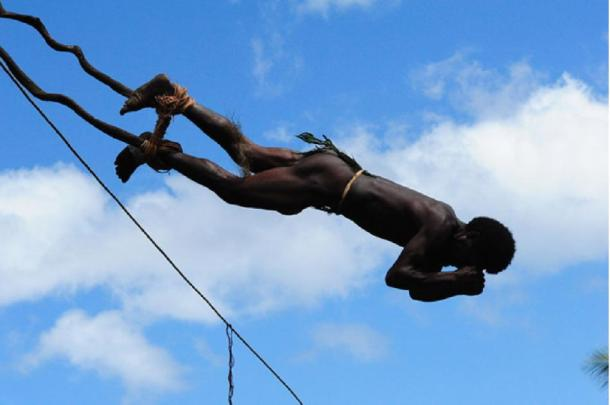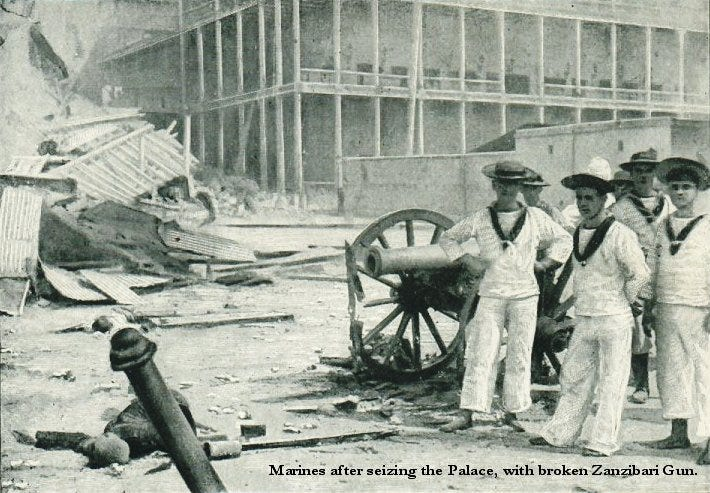
The Naghol land diving ritual on Pentecost Island in Vanuatu is a spectacular tradition that blends courage, custom, and communal identity. Each year, men climb ladders to the top of bamboo towers reaching 20–30 meters high, then dive headfirst with only vines tied to their ankles—an act that resembles the ancestor of modern bungee jumping. This ritual, practiced for around fifteen centuries, is performed not for spectacle alone but as a solemn rite to ensure a fruitful yam harvest and to confirm the bravery of the villagers.
Preparations for Naghol are taken very seriously. The vines are meticulously selected and tested to make sure they can bear the diver’s weight without snapping; water content, thickness, and length are all considered.In addition, building the towers is a communal activity involving skilled carpenters and a deep knowledge of local timber. Despite its danger, fatalities are extremely rare in modern times—thanks to generational experience and the exacting standards the community maintains.
From an E-E-A-T perspective (Experience, Expertise, Authoritativeness, Trustworthiness), Naghol is steeped in authenticity and authority. The experience of the participants is visceral—every dive is both a personal and communal assertion of identity and ritual. The expertise is demonstrated through vine selection, tower construction, and safety practices refined over centuries. The authoritativeness comes from Naghol being a recognized cultural tradition both locally and globally; it draws tourists, researchers, and conservation efforts who acknowledge its importance. And trustworthiness is seen in how the tradition is controlled and preserved by the community—it’s not commodified without oversight. For travelers interested in unusual cultural traditions, witnessing Naghol is more than a photo opportunity—it’s an invitation to see culture lived on the edge of fear and belief.






